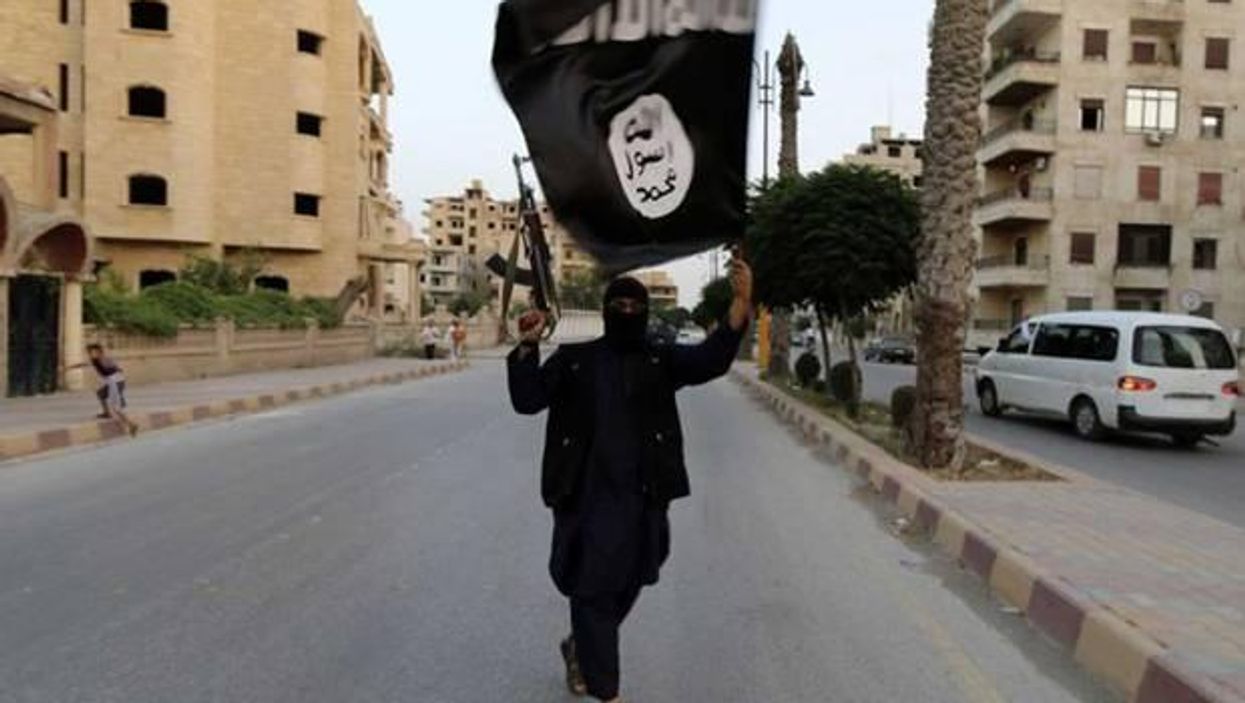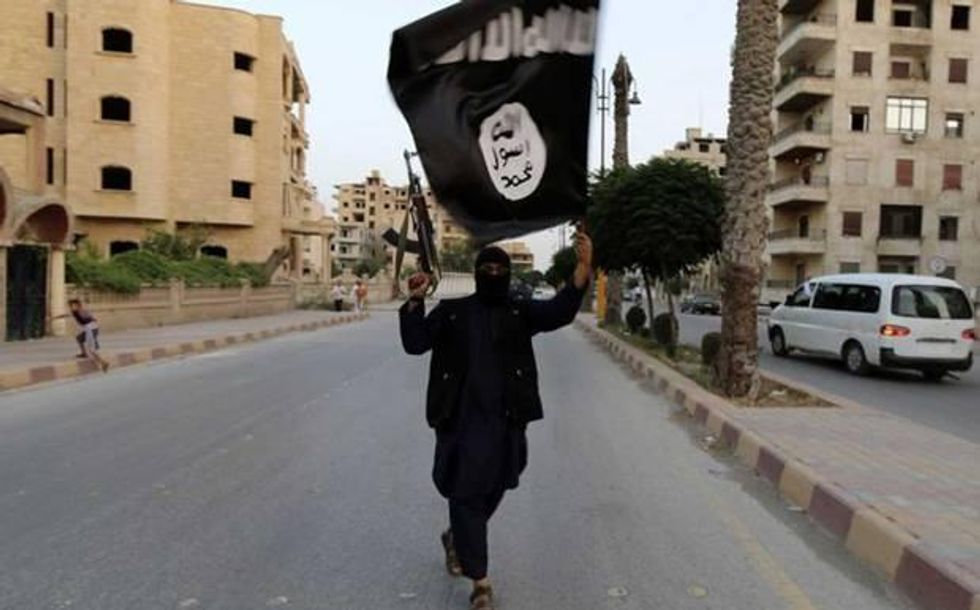News
Patrick Cockburn
Feb 18, 2015

“I fled Mosul when Isis threatened to conscript my brother as one of its fighters, though he is under 18 years of age,” says Ali Hussein Mustafa, a student who left the city a week ago.
The self-styled “Islamic State” is seeking to bolster its military forces as it wages war on many fronts and it has introduced a new rule under which men under the age of 18 are no longer exempt from conscription.
The Iraqi government is threatening that it will soon send its army north to recapture Mosul, a city of two million, the loss of which last June was the first in a string of victories by Isis. The Iraqi Prime Minister, Haider al-Abadi, announced this week in an interview that “we are now planning an offensive against Mosul in a few months”.
If the army does attack it will face formidable resistance from the armed forces of Isis that may now number well over 100,000 in Iraq and Syria. Moreover, people in Mosul, the northern capital of Iraq, are divided in their loyalties, judging by interviews with The Independent conducted this month, either after they left the city or by mobile phone, although Isis has banned their use.
In a predominantly Sunni Arab city, many are more frightened of largely Shia Iraqi government forces than they are of those on the side of Isis, though they may not like either.
“Some fighters treat the residents cruelly and harshly, while others are well-educated and treat the people well,” says Ali. He cites a local mathematics teacher who joined Isis recently “but was very kind to people and gave money and food to the poor. He often asked me whether I have any information about widows and the disabled in the city. He was donating part of his salary to them.”
Though Ali and his family have become refugees he still argues that many Isis fighters are better than their equivalents in the Iraqi army, which held the city for 10 years before 2014.
At the same time, Ali recalls examples of extreme barbarity, with the hands of men accused of theft being publicly amputated and people discovered using mobile phones receiving 30 lashes. Isis is fearful of spies using mobile phones relaying information to US drones that hover continuously overhead. There are daily air strikes by US aircraft, though most of these are taking place outside the city. Several senior Isis officials are reported to have died when their vehicles were targeted.
Foreign fighters are particularly brutal towards women not wearing the niqab, a piece of cloth covering the head and face. Ahmad, a shopkeeper who still lives in Mosul, says he was shocked when a woman he knew was taken to a local police station because her eyes were showing even though she was wearing a niqab. He says her punishment was that “a bit used by a donkey was put in her mouth and she was told to bite down hard on it – which she did and then had to be taken to hospital afterwards because she was bleeding heavily.”
Life in Mosul may be grim for its inhabitants with shortages of clean water, fuel and electricity, but food supplies are still adequate. In some respects Isis runs a more active state apparatus than Baghdad which has traditionally done little for the victims of violence.
Ali Hussein Mustafa says that when there was fighting recently between Isis and the Peshmerga, many of the Sunni Arabs from Tal Afar fled the rocket and artillery fire and went to Mosul where Isis organised their accommodation. Isis can afford such bounty because it has confiscated the houses of Christians and others who have been forced to flee.
More: Isis burn Jordanian hostage alive: What we do and do not know
Patrick Cockburn is the author of ‘The Rise of Islamic State: Isis and the new Sunni Revolution’
Top 100
The Conversation (0)














